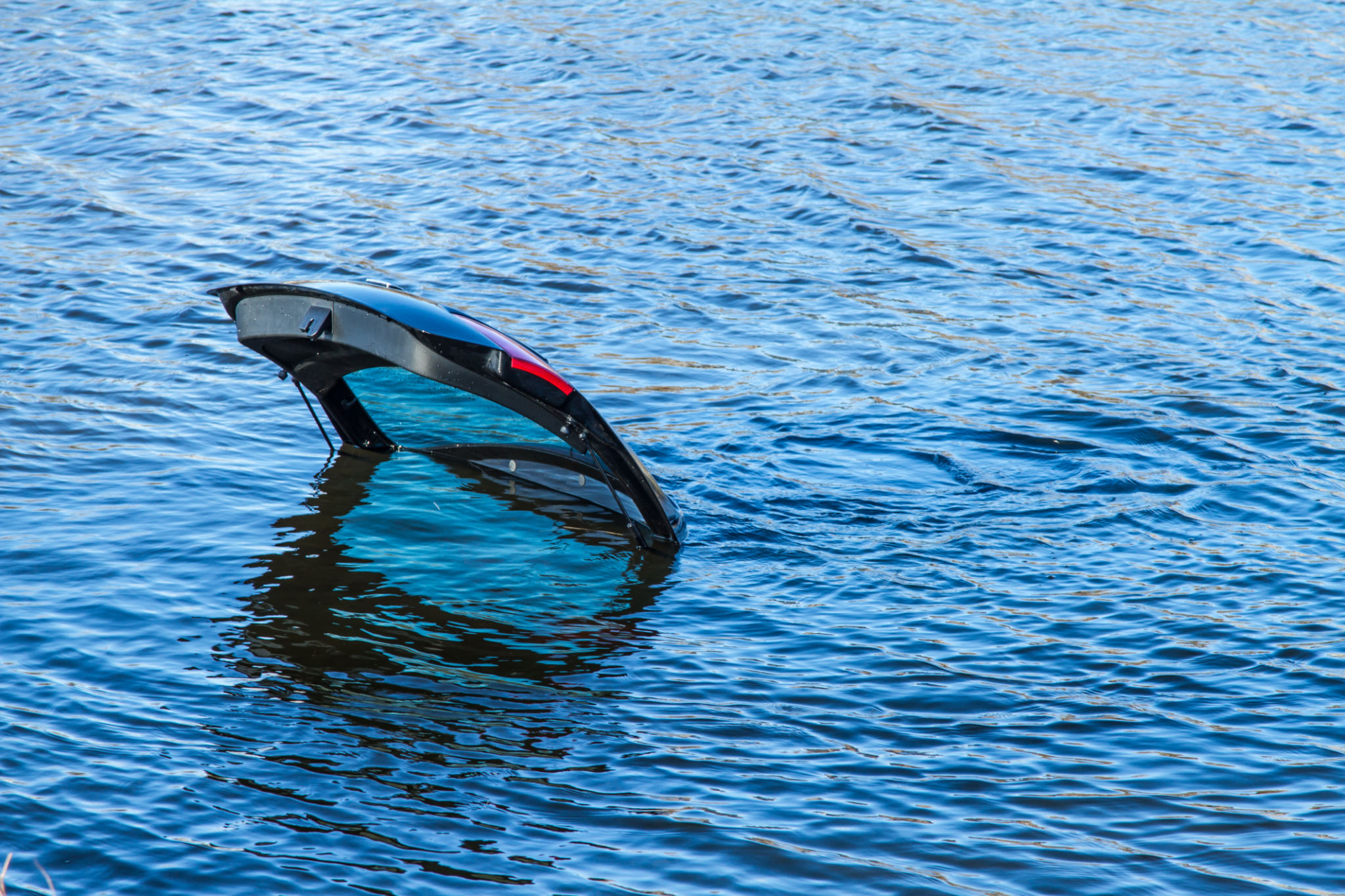The Environmental Benefits of Efoiling
Introduction to Efoiling
Efoiling has emerged as a popular water sport that combines the thrill of surfing with the innovation of electric technology. Riding an efoil, which is essentially a surfboard powered by an electric motor, allows enthusiasts to glide above the water's surface. While the excitement and enjoyment of efoiling are undeniable, this activity also brings significant environmental benefits, making it a sustainable choice for water sports lovers.
The concept of efoiling is relatively new but rapidly gaining traction among eco-conscious adventurers. By harnessing electric propulsion, efoils offer a quieter and more environmentally friendly alternative to traditional motorized watercraft.

Reduced Carbon Emissions
One of the most significant environmental benefits of efoiling is its ability to reduce carbon emissions. Unlike traditional motorboats that rely on fossil fuels and emit harmful gases, efoils run on rechargeable batteries. This shift from gasoline-powered engines to electric power drastically cuts down on pollution.
By choosing efoils over conventional watercraft, riders contribute to a cleaner and healthier environment. Reduced emissions mean cleaner air and water, which are essential for both marine life and human health.
Minimized Noise Pollution
Another environmental advantage of efoiling is the reduction in noise pollution. Traditional boats equipped with combustion engines can be noisy, disrupting local wildlife and marine ecosystems. In contrast, efoils operate almost silently, making them a more harmonious addition to natural water habitats.
This quiet operation not only enhances the experience for riders but also ensures minimal disturbance to the aquatic environment. Fish, birds, and other wildlife can thrive without the constant disruption caused by loud motorized vessels.

Preservation of Marine Ecosystems
The design and operation of efoils contribute to preserving marine ecosystems. Because efoils glide above the water's surface, there is less direct impact on delicate underwater environments such as coral reefs and seagrass beds. This is in stark contrast to propeller-driven boats, which can cause significant harm to these ecosystems.
By minimizing physical contact with the water's surface, efoils help protect the biodiversity of marine life, ensuring that these vital ecosystems remain intact for future generations.
Energy Efficiency and Sustainable Practices
Efoiling promotes energy efficiency in recreational activities on the water. The batteries used in efoils are designed for optimal performance and longevity, offering riders extended periods of enjoyment with minimal energy consumption. Many manufacturers are also focusing on developing recyclable or biodegradable components to further enhance sustainability.

In addition to using renewable energy sources, the efoiling community often advocates for sustainable practices such as reducing waste and supporting eco-friendly initiatives. This commitment extends beyond personal recreation and contributes to a broader culture of environmental responsibility.
Conclusion: A Sustainable Future for Water Sports
As awareness grows about the importance of protecting our planet, activities like efoiling offer an exciting way to enjoy nature without compromising its well-being. With benefits like reduced carbon emissions, minimized noise pollution, and the preservation of marine ecosystems, efoiling stands out as a sustainable choice for thrill-seekers.
As technology continues to advance, we can anticipate even more environmentally friendly innovations in water sports. Embracing these changes not only enriches our recreational experiences but also ensures a healthier planet for generations to come.